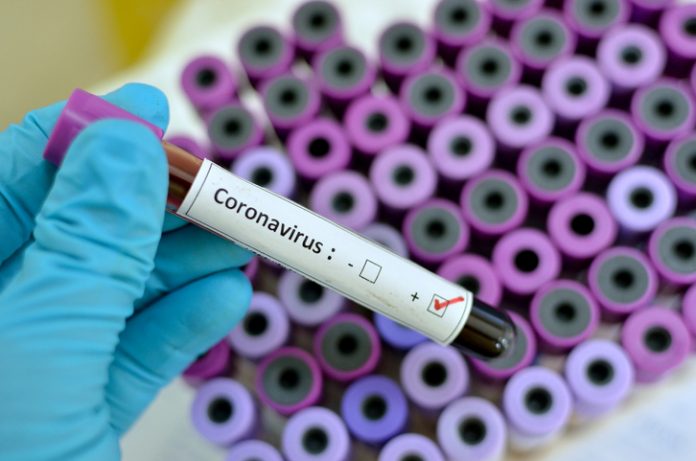By James Itua
After the initial hype about developing vaccines to tackle coronavirus (COVID-19), which received instant backlash from public health experts, the tobacco industry has been largely silent on that subject.
This is not new to the public health community. A similar scenario played out in 2014 when British American Tobacco (BAT) claimed its biotech subsidiary, Kentucky BioProcessing (KBP),
had developed a cure for the Ebola virus.
That cure turned out to be a ruse and failed to deliver but the publicity was crucial to BAT.
The company and Philip Morris International (PMI) were at it again and the COVID-19 pandemic as anticipated, is the opportunity.
In March, Medicago, which is part-funded by PMI, had announced it was ready to start preclinical testing for safety and efficacy of a vaccine to tackle the virus.
Following that announcement, on April 1, BAT also claimed that its biotech subsidiary, KBP, was developing a potential vaccine for the virus and that after completing pre-clinical testing it is now poised to progress to the next stage which will be Phase 1 human clinical trials.
It equally announced loaning the UK government equipment for use in COVID-19 testing centres; Utilising 3D printers to make components that will be used in protective face shields; and using distribution networks to ensure that medical and hygiene equipment reach vulnerable communities in Brazil and Kenya.
But the World Health Organisation (WHO) was quick to counter the industry, noting that: “Researchers, scientists and the media (should) be cautious about amplifying unproven claims that tobacco or nicotine could reduce the risk of COVID-19. There is currently insufficient information to confirm any link between tobacco or nicotine in the prevention or treatment of COVID-19”.
Instead, it reminded the public that tobacco has proven to be a major risk factor for many infections and diseases, including fatal cancers.
The WHO has been consistent in warning that partnership with the tobacco industry undermines governments’ credibility in protecting population’s health as there is ‘a fundamental and irreconcilable conflict between the tobacco industry’s interests and public health policy interests.
The health body raised similar flags in 2017 when the Foundation for Smoke-free World (FSFW) solely funded by PMI was launched, claiming it is committed to reducing deaths and diseases caused by smoking.
In the wake of the COVID-19 pandemic the industry has turned the uncoordinated response of the continent into a PR opportunity.
From Uganda where Tribert Rujugiro Ayabatwa, owner of Meridian Tobacco Company and Leaf Tobacco and Commodities made news splash for donating Shs 250m to Uganda to fight COVID-19, to Nigeria where the International Tobacco Company (ITC) – manufacturer of PMI brands donated 10,000 sanitizers, the industry has been having field day.
A governor in one of Nigeria’s South Western states was equally reported to have sought donations from a tobacco corporation wither in ignorance or in contravention of the National Tobacco Control Act 2015 which expressly discourages tobacco industry donations.
Even as Nigeria foot-drags in implementing the Tobacco Act and the Regulations gazetted in December 2019, the tobacco industry continues to innovate to circumvent the law.
The industry’s tentacles have far reach in the education and the agriculture sectors where directly or through many foundations they identify and work to compromise systems.
Public health groups continue to query BAT Nigeria Foundation partnership with the Lagos State government in organizing the yearly Lagos Farm Fair.
In the last edition on October 16, 2019, the company’s branded T-shirts and face caps were as conspicuous as farm produce with its colors and logo on display at the stands set up at the Police College in Ikeja.
Public officials were also observed openly fraternizing with the company’s officials and identifying picture opportunities.
Such brazen display is not restricted to Lagos alone. Government at all levels would seem to have forgotten and must be reminded about the implementing guidelines of the WHO-Framework Convention on Tobacco Control (WHO-FCTC) which Nigeria signed, ratified and domesticated through the NTC Act 2015 and NTC Regulations 2019.
Head of the WHO Convention Secretariat, Dr Adriana Blanco Marquizo, re-echoed the message again on May 4, when she said: “Article 5.3 of the WHO FCTC and its implementation guidelines request Parties to protect public health from the vested interests of the tobacco industry and of those who work to further those interests”.
COVID-19 is another opportunity for the industry. As it continues to innovate, our government must be watchful and do the needful.
.James Itua wrote from Benin












